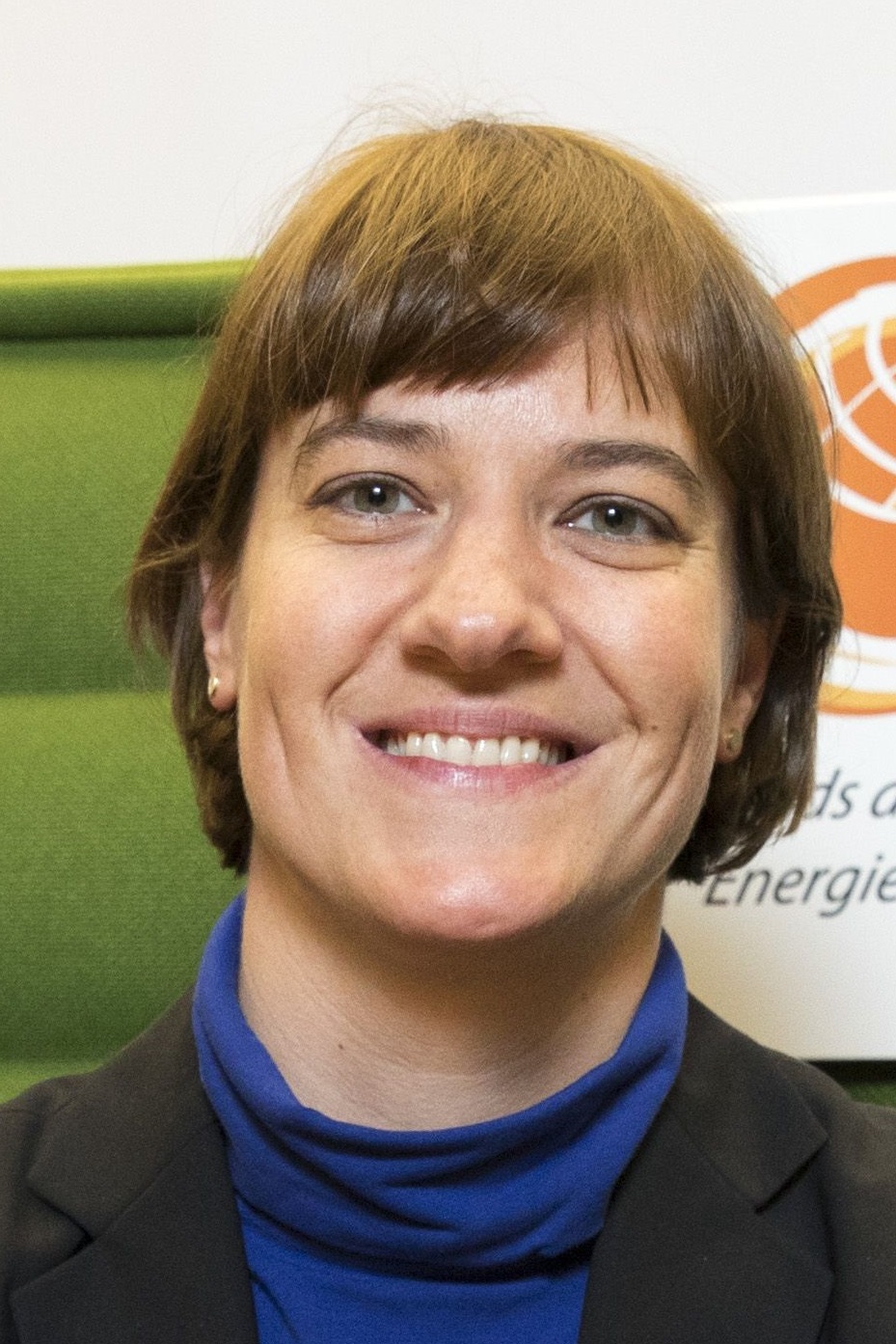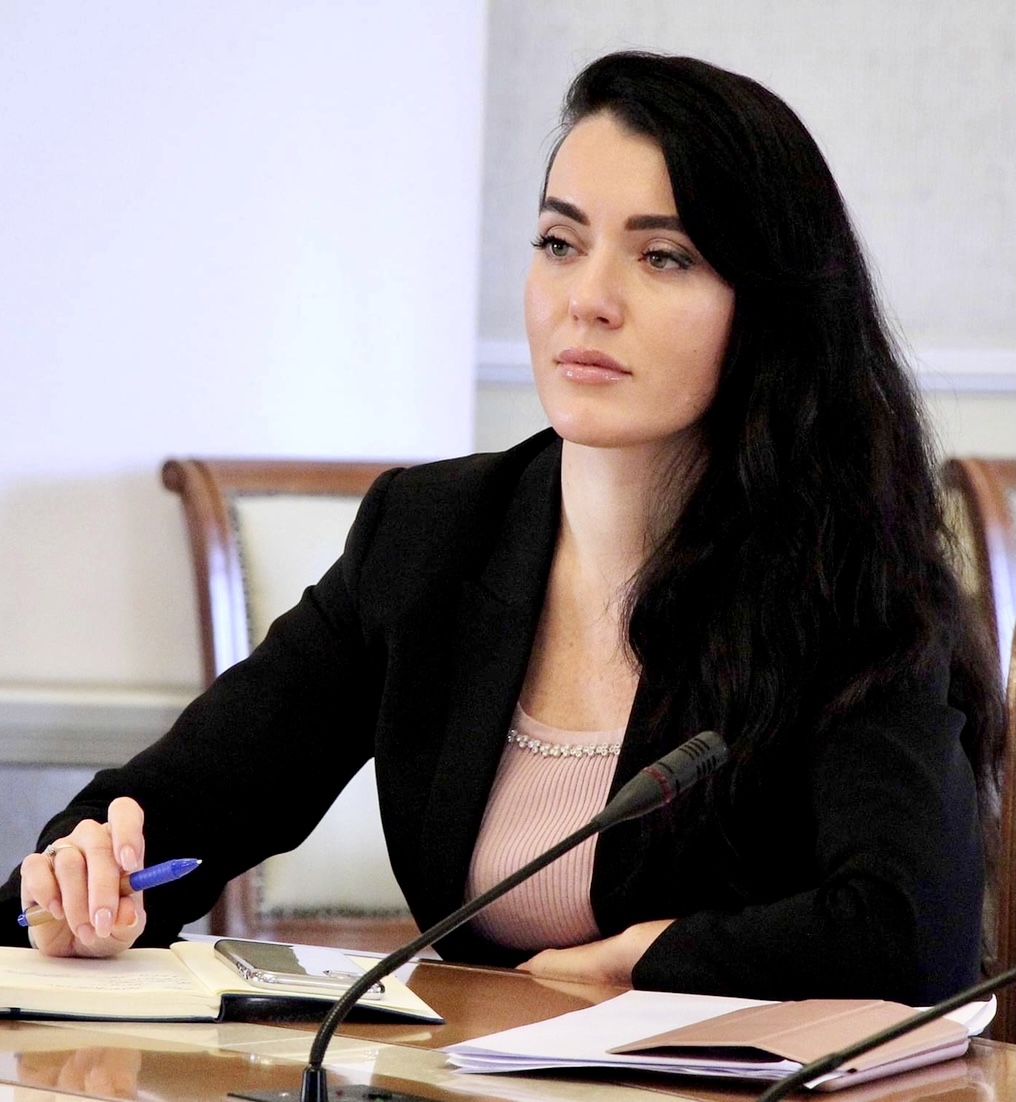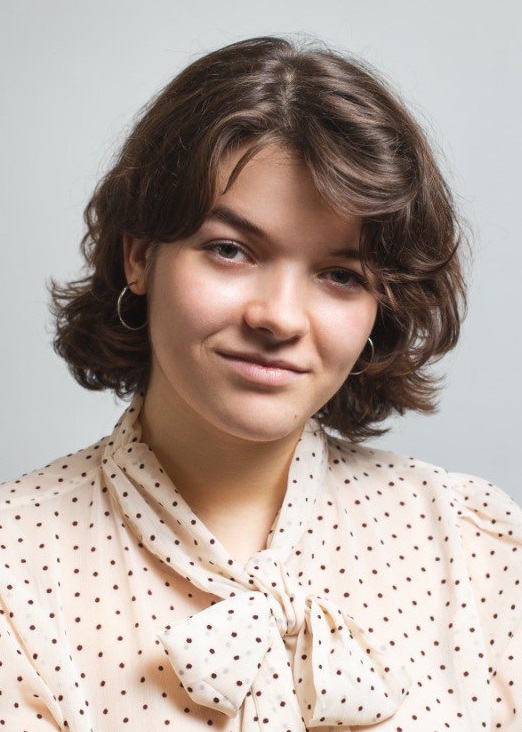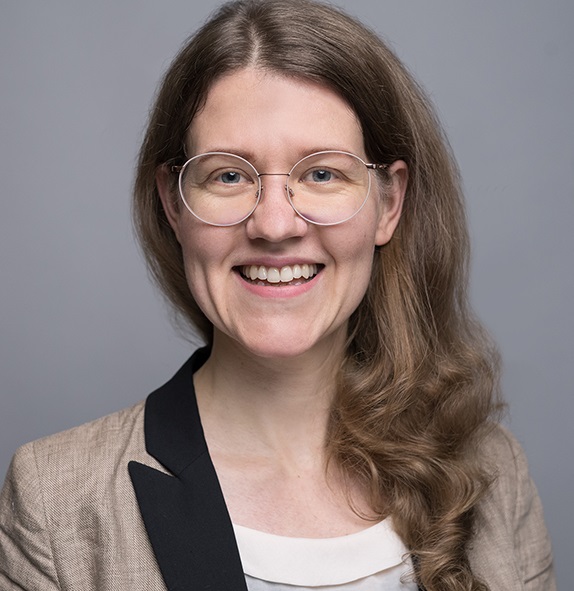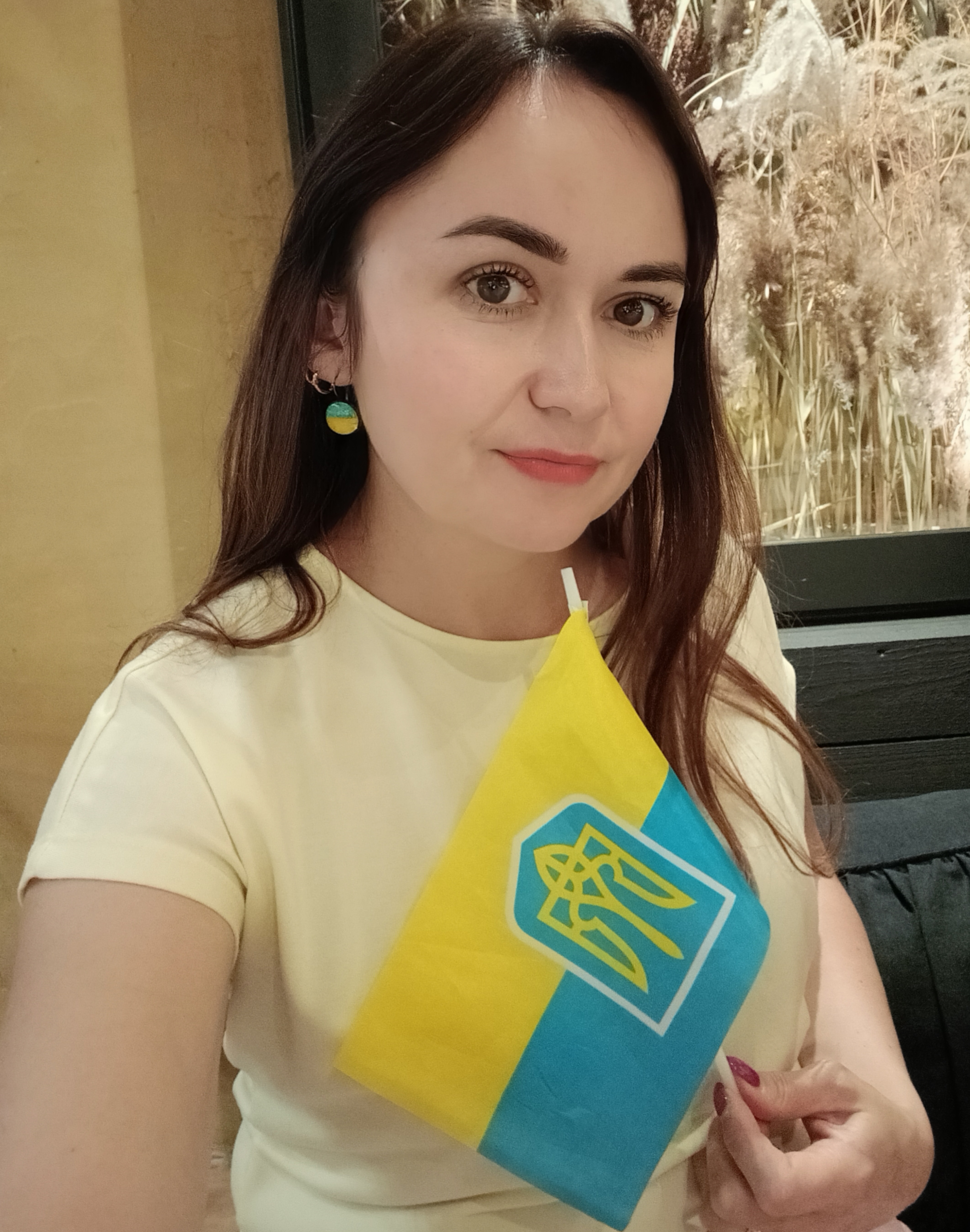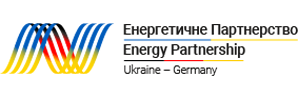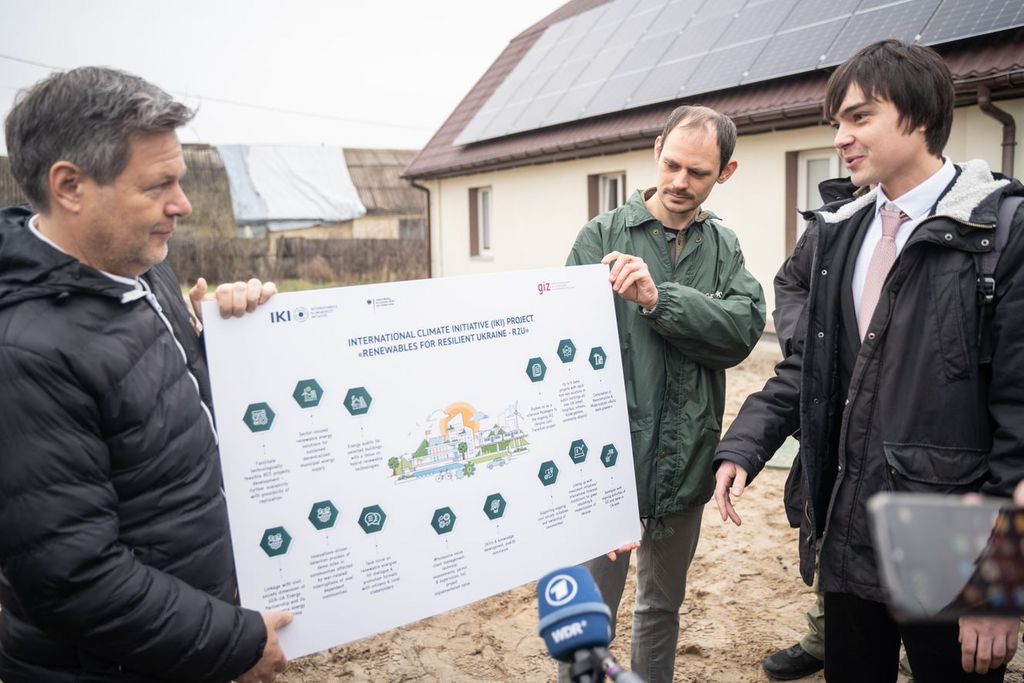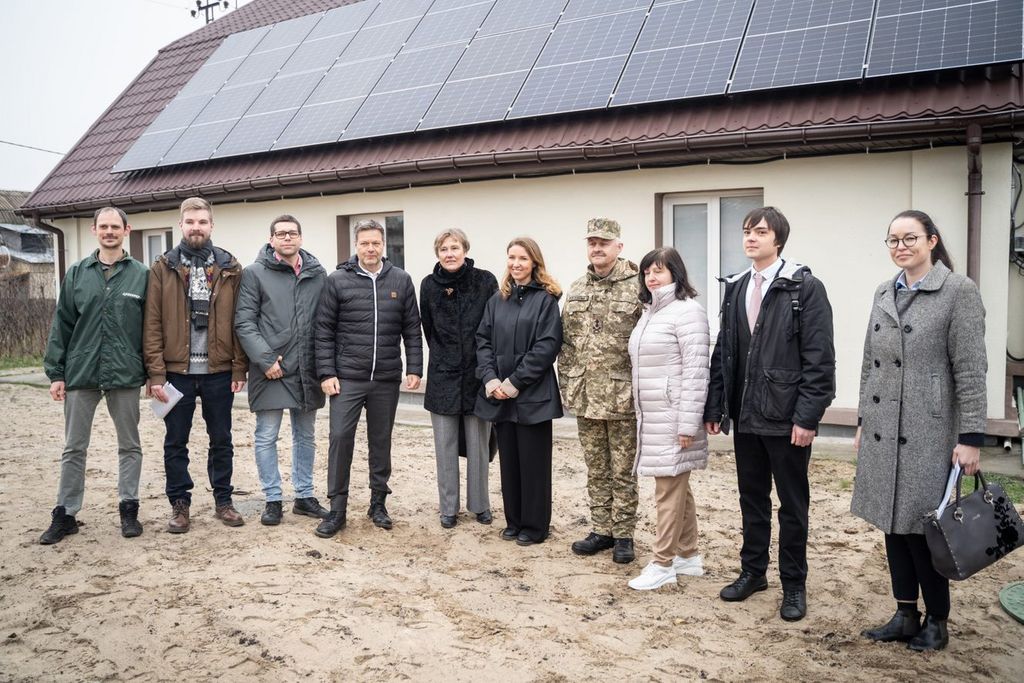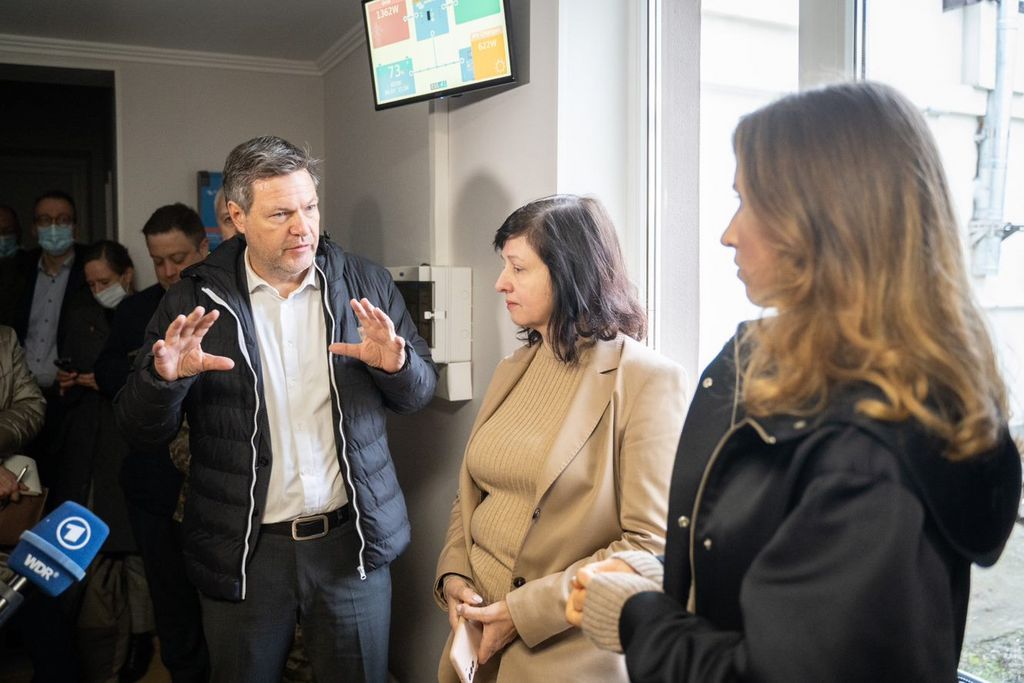On April 4, before signing the renewal of the German-Ukrainian Energy Partnership, the Vice-Chancellor of Germany and Federal German Minister for Economic Affairs and Climate Action (BMWK) Dr. Robert Habeck has visited a demonstration project implemented by the international NGO Greenpeace CEE in the small hospital of Horenka village.
During this visit he also took the opportunity to announce the future commissioned project by Federal Ministry for Economic Affairs and Climate Action of Germany (BMWK) "Renewables for Resilient Ukraine - R2U", an implementing instrument of International Climate Initiative (IKI) commission to GIZ Ukraine. This new project will take the approach example from three other Ukrainian NGOs – Ecodia, Ecoclub and Charity foundation “Peremoha Ukraini” as part of the "Greening Ukraine's Reconstruction" program.
Dr. Habeck announced that he plans to sign the renewal of the Energy Partnership with broadening its activities scope and ensuring that it will also aim at supporting the civil society‘s active engagement and contributions in the green energy transition efforts.
The Minister mentioned that he would like to express his sincere appreciation for what civil society actors and local community members have done at Horenka hospital by installing decentralised renewable energy solutions to restore energy and heat supply.
Together with this, representative of GIZ Ukraine presented details of the new Renewables for Resilient Ukraine (R2U) project. This project seeks to support up to 8 decentralized renewable energy demonstration projects at objects of social critical infrastructure (such as small hospitals, schools and kindergartens) in war affected communities with collaboration with civil society organizations, and with the further aim to scale up and replicate such interventions in the whole Ukraine.
It is planned that the project will be docked onto the project implemented by GIZ and commissioned by BMWK – “Structural Changes in the Ukrainian coal regions”, and will contribute to the civil society dimension of the Renewable energy working group of the German-Ukrainian Energy Partnership.
